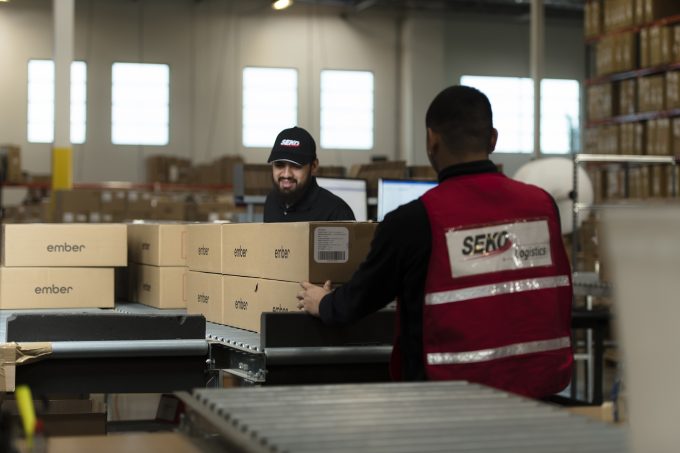U-turn on de minimis ban, following 'processing issues', as trade war heats up
White House-triggered whiplash has hit again with the news that a small but powerful sentence ...

Seko Logistics has filed a court action against US Customs and Border Protection (CBP) following its suspension in the C-TPAT and Entry Type 86 imports programme at the end of May.
The CBP has already conditionally reinstated Seko, but Seko has asked the Court of International Trade to compel CBP to identify the violations which led to its suspension.
“The details of such violations have never been provided to Seko despite repeated requests to the agency and threat of legal action,” said ...
MSC port arm to buy Hutchison ports including Panama and Felixstowe
'Think again' call – China ship fee would double US export costs
MSC box ship hit by Russian missile in Odessa
Latest strike will cause ‘massive' disruption at German airports
US Chinese ship penalties will hit transatlantic trade hardest – Soren Toft
Liners cut long-haul sailings, but 'it won't be enough' to stop rates tumbling
K+N 'still number-one' in air and ocean – but it's not all good news
Congestion at Asian and European ports keeping charter rates firm

Comment on this article